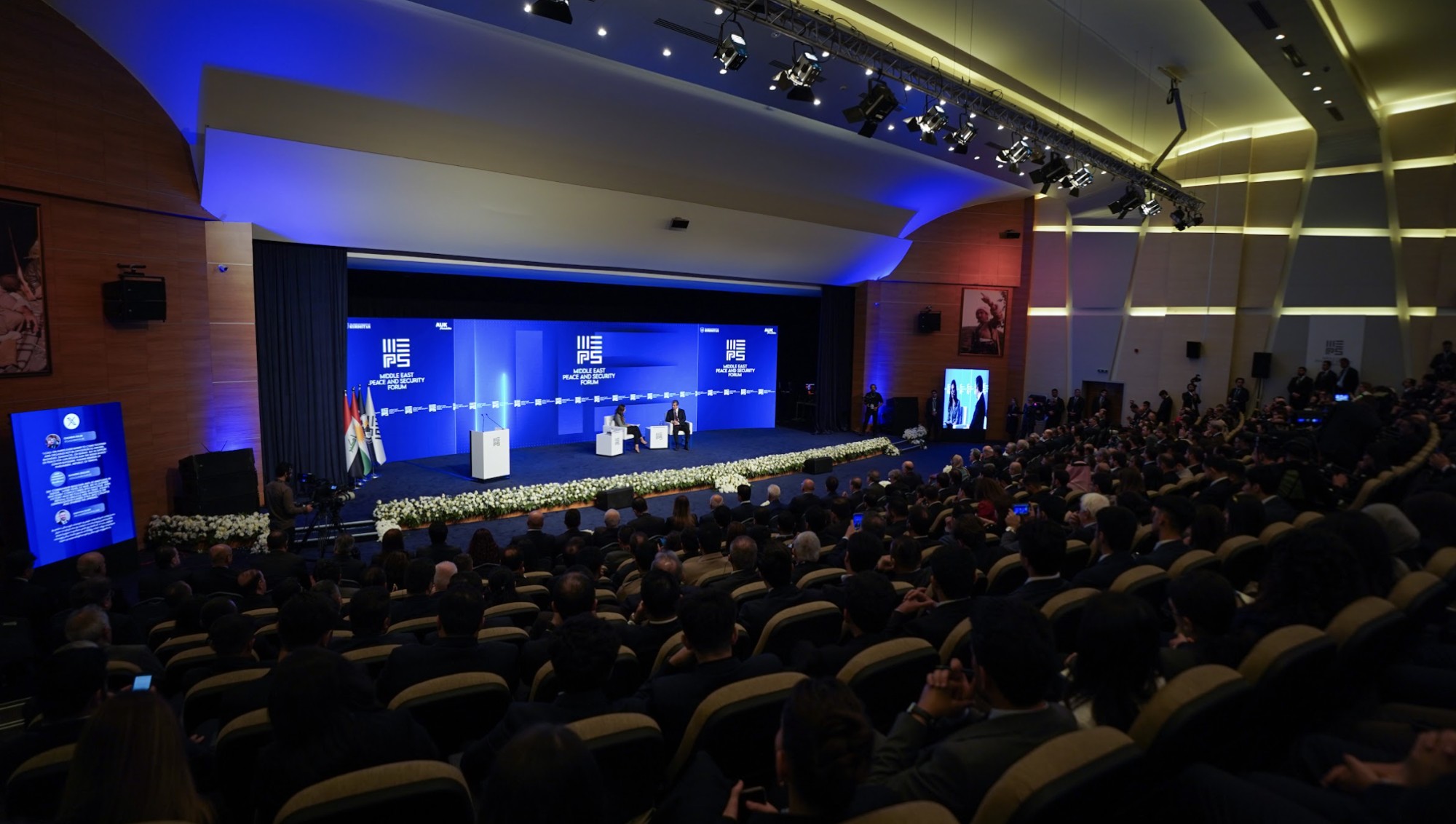Drug addiction and its associated challenges represent a sensitive and alarming issue worldwide. Recent findings from the World Drug Report, published in June 2024 by the UN Office on Drugs and Crime (UNODC), reveal deeply concerning statistics. In 2022, the estimated global number of drug users reached nearly 300 million – one in 18 people – marking a 20% increase over the past decade. These figures reflect only formally recorded data, leaving the unreported numbers potentially much higher.
According to the 2022 data, 64 million individuals globally were severely affected by drug addiction and its consequences. Disturbingly, only one in 11 affected individuals received treatment, meaning over 90% of addicts worldwide remained untreated. This alarming gap underscores a devastating reality: countless lives are trapped in the shadow of addiction, with little hope for recovery without substantial intervention.
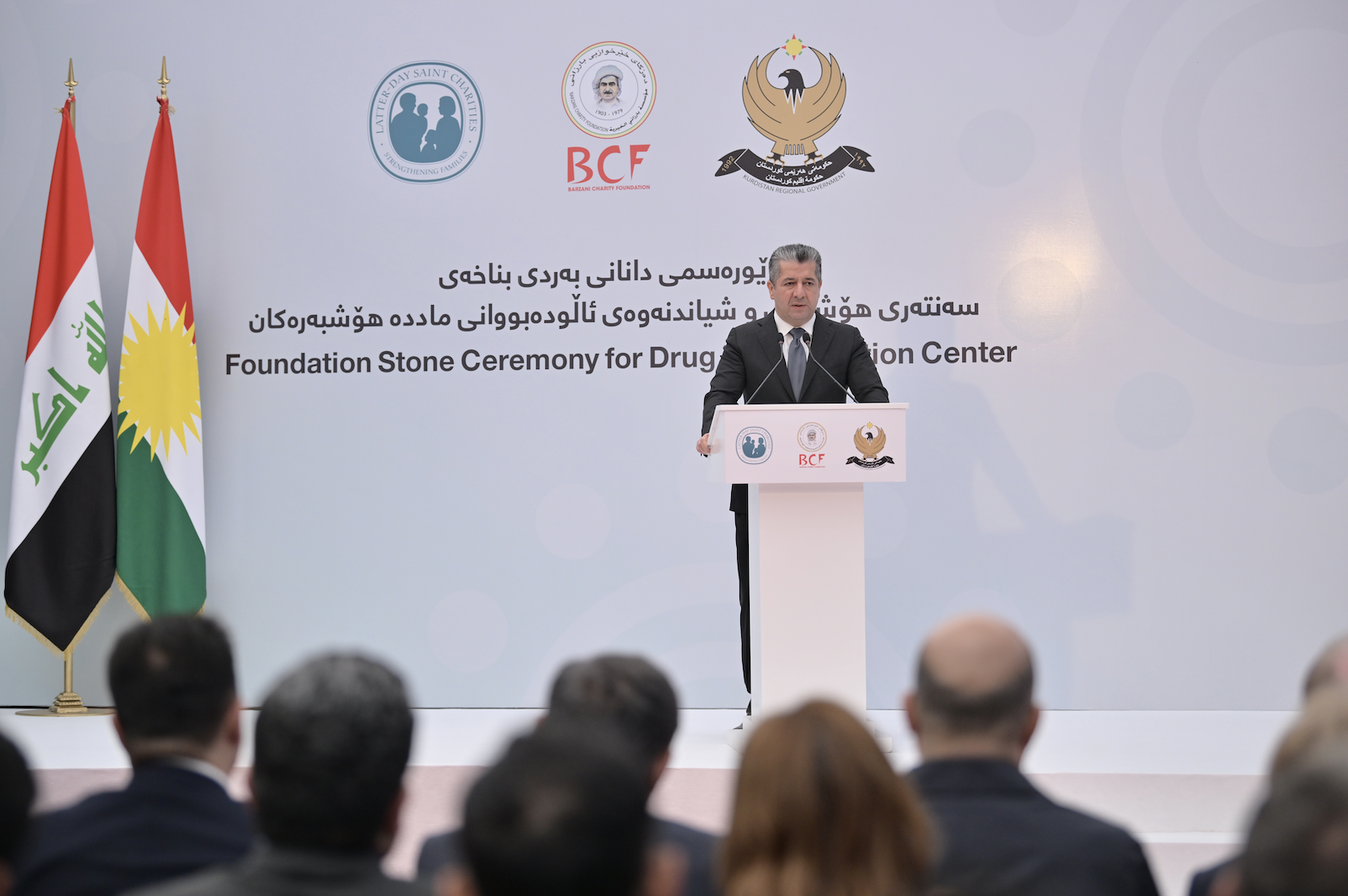
Iraq: a nation at a crossroads
Iraq emerges as a particularly vulnerable region in the global drug crisis. The UNODC’s 2024 report Drug Trafficking Dynamics Across Iraq and the Middle East identifies Iraq as a critical hub due to its geographical location and socio-political instability. These factors have made Iraq a key transit point for drug trafficking in the Middle East, linking Asia, Africa, and Europe through three main routes: northern, central, and southern.
Additionally, the presence of organized crime networks in Iraq and neighboring countries exacerbates the crisis. These groups leverage vast financial resources to facilitate drug production, trafficking, and sales, further deepening the problem. Alarmingly, evidence of drug production within Iraq intensifies the severity of the situation, leaving countless families devastated by the far-reaching impacts of this epidemic.
The data paints a grim picture: Iraq and Kurdistan are facing a crisis with consequences potentially more devastating than war. This epidemic, driven by dark networks and destructive forces, demands immediate and comprehensive action. Unfortunately, Iraq’s existing services for addressing drug addiction, detoxification, and rehabilitation are limited and underfunded. Thus, the establishment of specialized awareness and rehabilitation centers has become an urgent necessity.
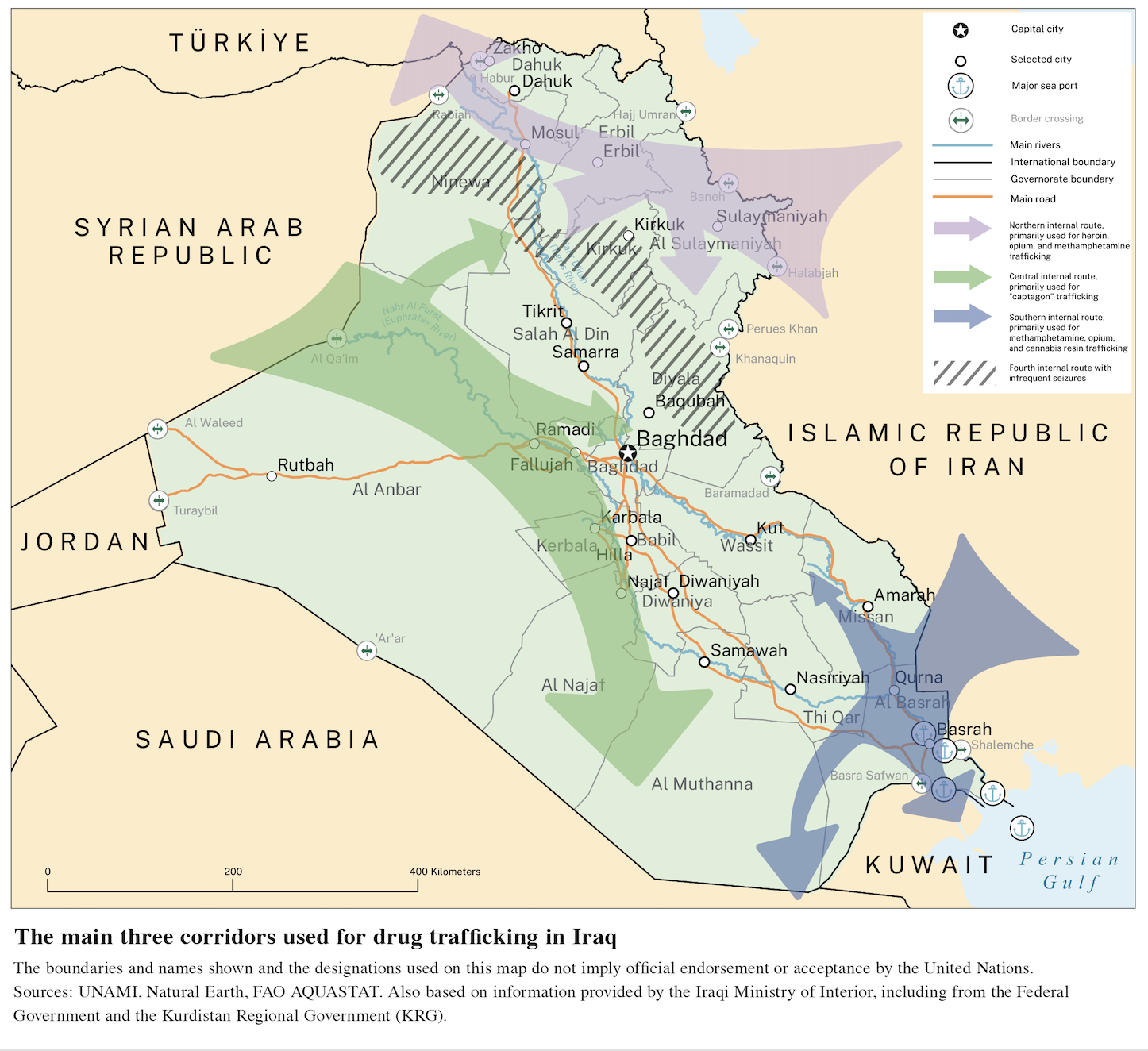
First drug awareness and rehabilitation center in Kurdistan
In response to this crisis, the Barzani Charity Foundation (BCF), in collaboration with U.S.-based LDS Charities, has taken a significant step by laying the cornerstone of the first drug awareness and rehabilitation center in the Kurdistan Region. Supported by the Kurdistan Regional Government, this center aims to be a key resource in combating drug addiction, providing a ray of hope for those affected by addiction. However, the task ahead is far from easy and demands substantial effort and resources.
The partnership between BCF and LDS Charities has been a cornerstone of this initiative. Renowned for their unwavering dedication and impactful humanitarian efforts, LDS Charities has consistently provided support to vulnerable communities in the Kurdistan Region and the broader Middle East. Their expertise, resources, and commitment have not only enhanced the scope of this project, but also demonstrated the power of collaborative efforts in addressing complex challenges like drug addiction. Their compassionate approach ensures that the center is not just a facility but a sanctuary of hope and transformation.
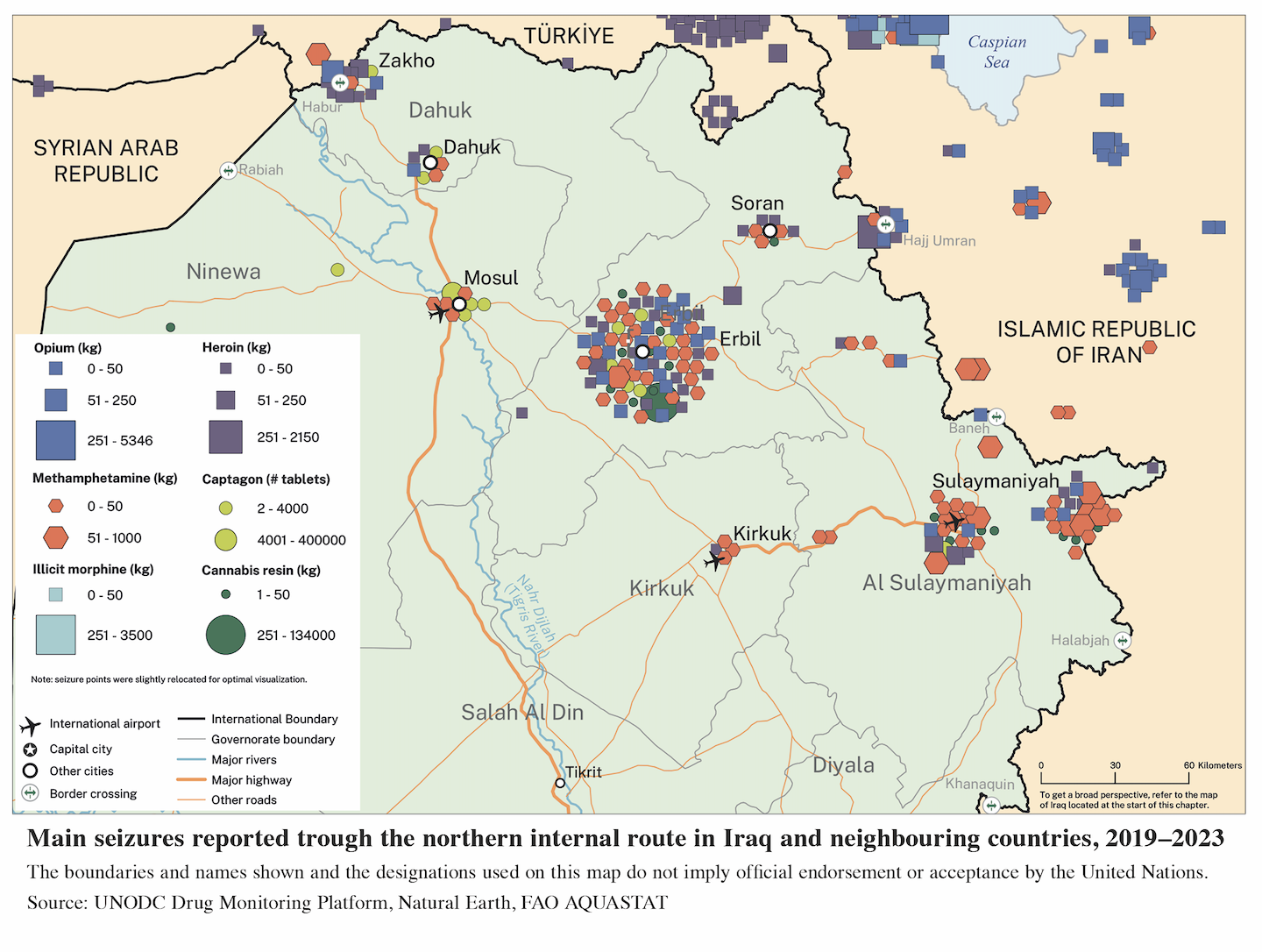
The three pillars of rehabilitation
Addressing drug addiction requires a multi-phase approach, integrating community engagement, medical intervention, and societal reintegration:
1. Awareness Phase: This phase seeks to awaken a collective understanding of the devastating impact of drug addiction. It involves a strategic collaboration of educators, community leaders, writers, media professionals, religious figures, artists, and athletes. Through inspiring educational seminars, evocative media campaigns, cultural and sports events, and grassroots advocacy, the awareness phase aims to ignite a sense of urgency and responsibility. The goal is to create a societal shift so that the dangers of drug addiction are universally understood and collectively resisted.
2. Detoxification Phase: This phase is a battle against the physical and psychological chains of addiction. By leveraging local expertise and collaborating with world-class centers, this phase employs meticulous medical practices to cleanse the body of toxins. At the same time, it addresses the deep-seated emotional scars caused by addiction. The detoxification phase is rigorous and often heart-wrenching, as individuals confront the darkest parts of their journey. Yet, it is also filled with resilience and strength, with even the smallest step toward recovery a monumental victory.
3. Reintegration Phase: Reintegration is where hope takes tangible form. This phase focuses on restoring individuals to the fabric of society, providing them with the tools and opportunities to rebuild their lives. Through ongoing awareness campaigns, family involvement, and economic empowerment programs, the reintegration phase transforms recovery into a sustainable reality. It is a testament to the power of second chances, emphasizing that every life, no matter how fractured, holds the potential for renewal.
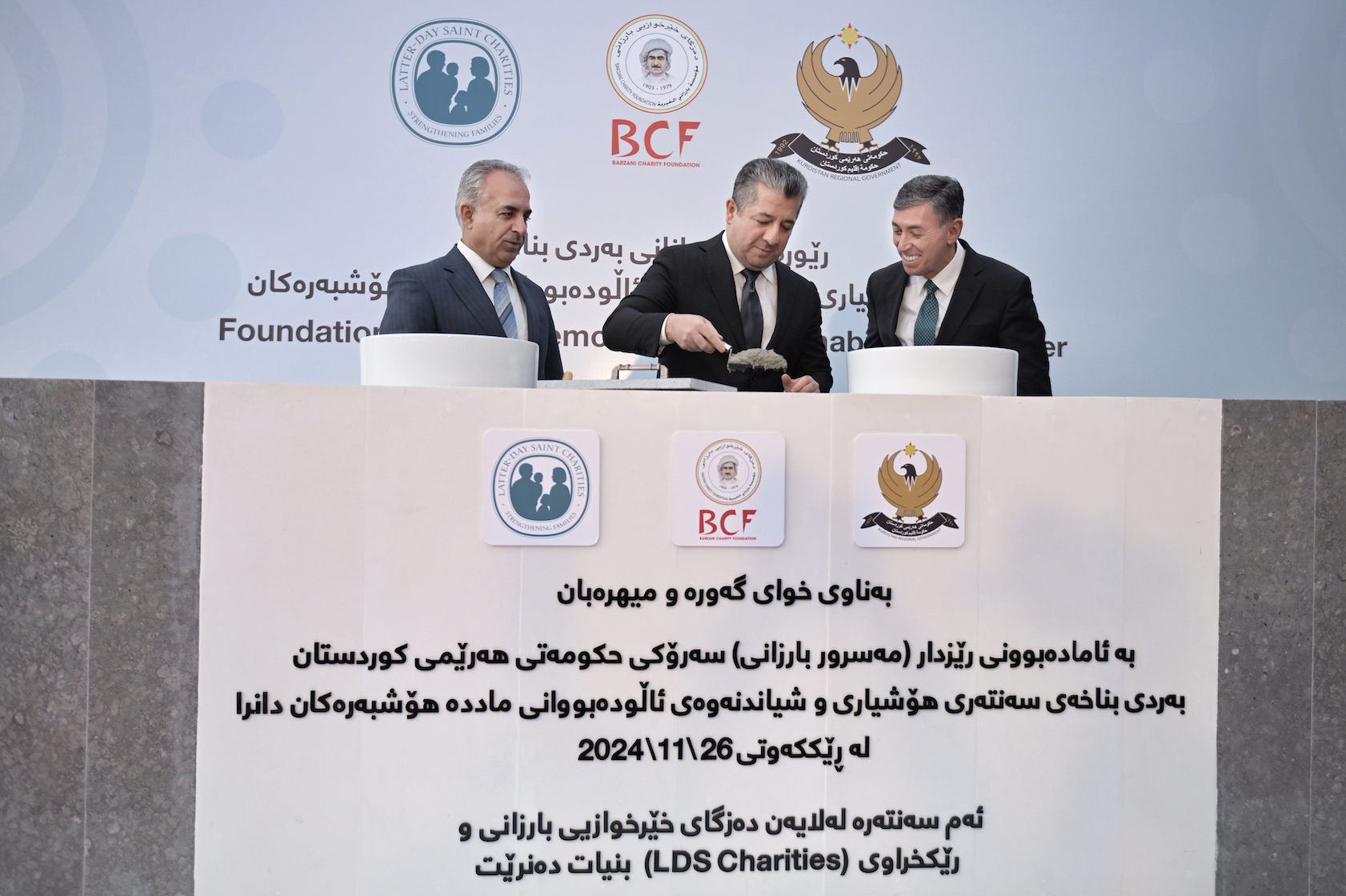
A healthier and more resilient society
The BCF’s mission focuses on creating hope and laying the foundation for a brighter future. By collaborating with partners and utilizing the expertise of organizations like LDS Charities, the BCF aims to build a healthier and more resilient society. The newly established drug awareness and rehabilitation center will serve as a lighthouse, guiding individuals out of the storm of addiction and reminding them that they are never alone in their struggle.
The fight against drug addiction in Iraq and beyond is complex and multifaceted. It requires coordinated efforts, robust resources, and unwavering commitment. As the BCF and its partners pave the way forward, the hope is to create a safe, stable, and healthy society for future generations.
Together, let us work toward a world free from the shackles of addiction, where every individual can reclaim their dignity and thrive in the light of hope.
Rawisht Rasheed is an advisor at Barzani Charity Foundation in the Kurdistan Region.

